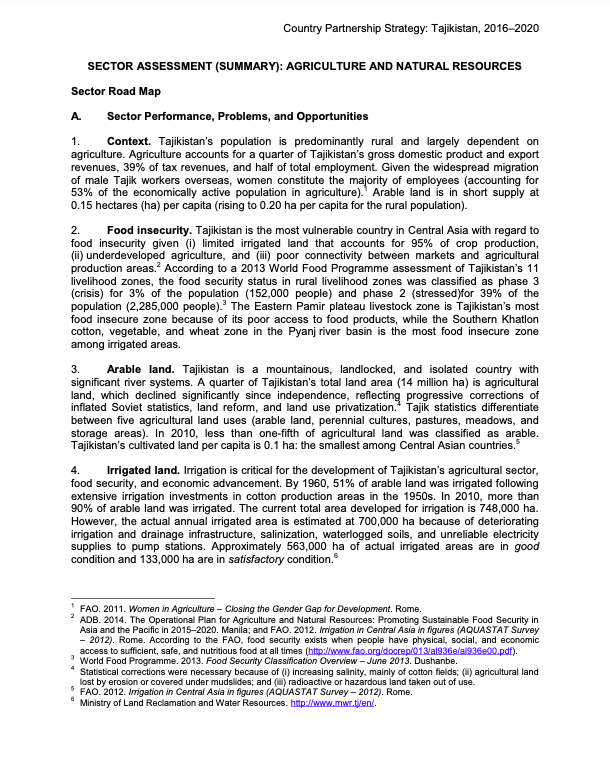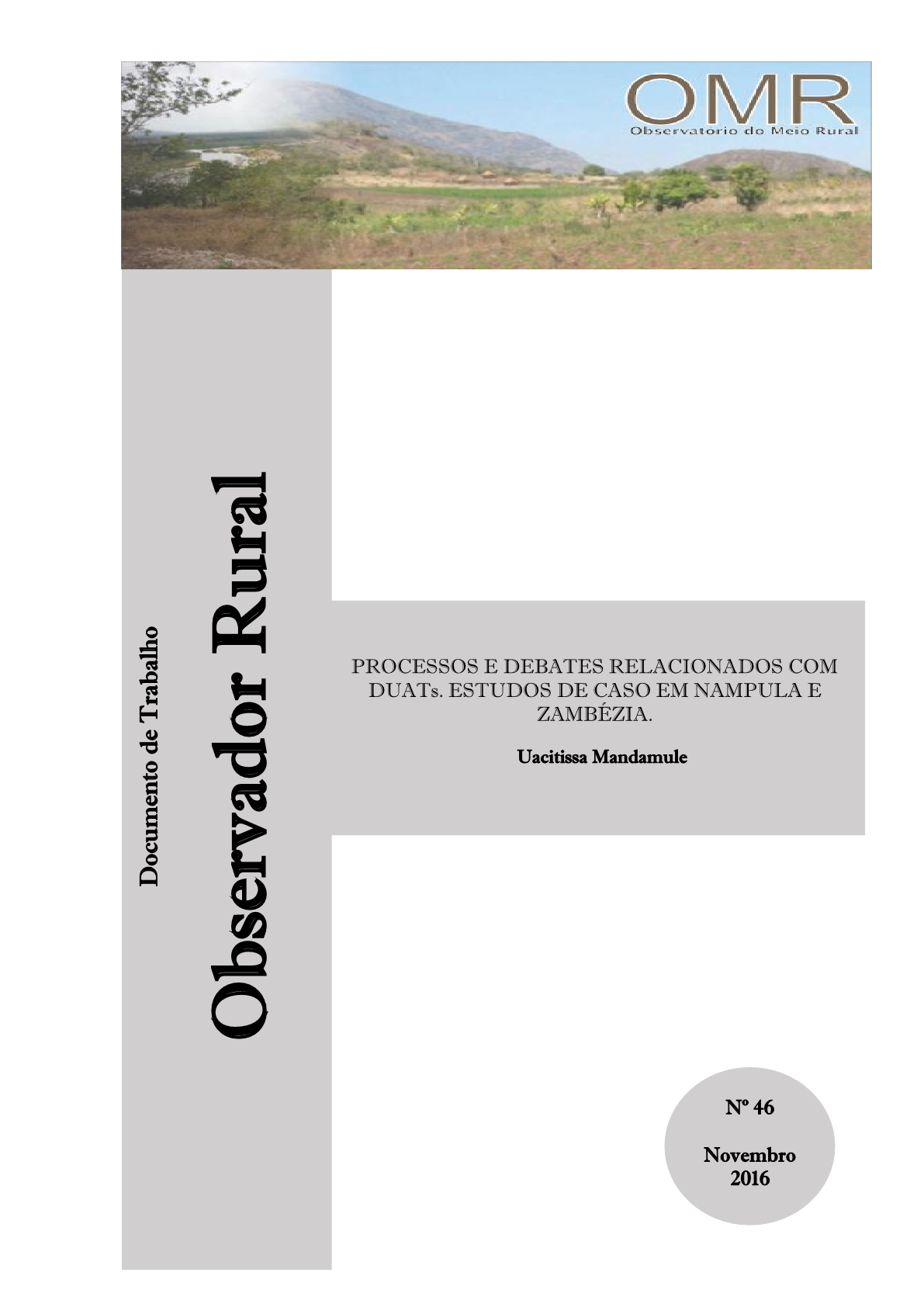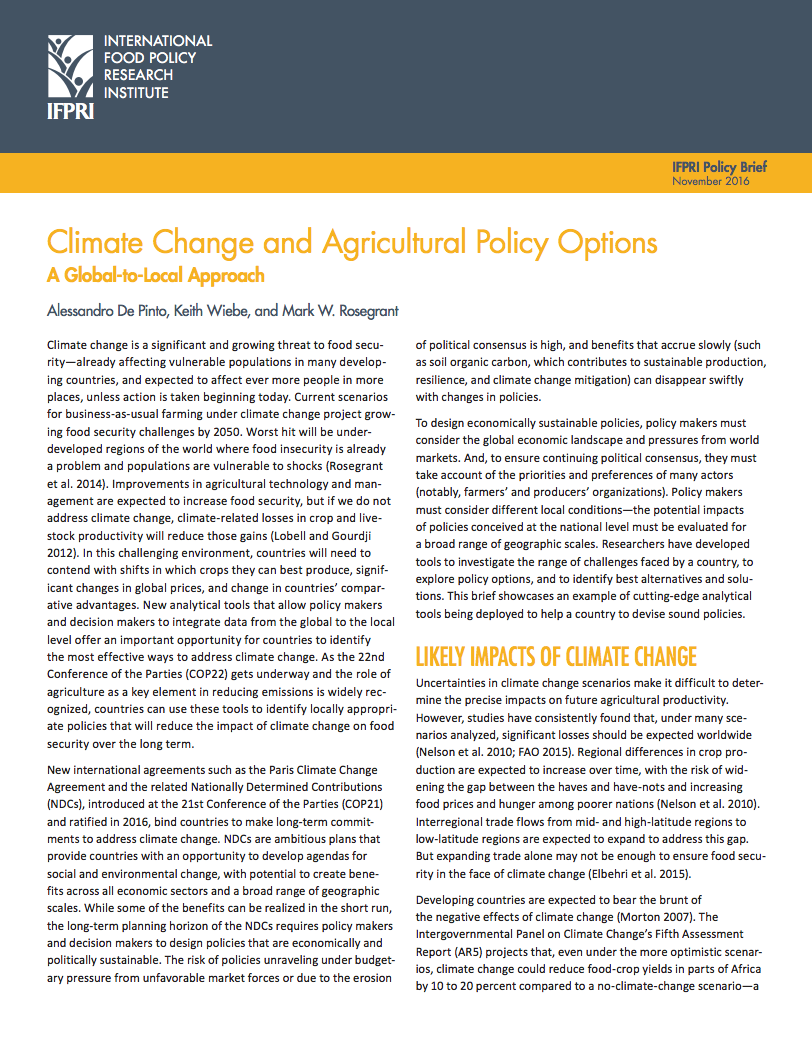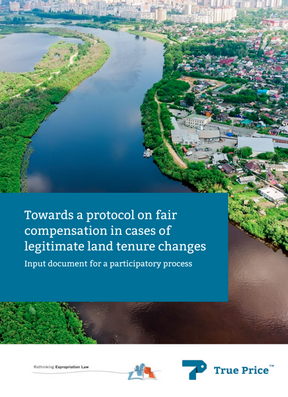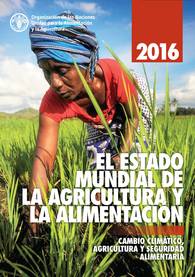Country Partnership Strategy: Tajikistan, 2016–2020
Tajikistan’s population is predominantly rural and largely dependent on agriculture. Agriculture accounts for a quarter of Tajikistan’s gross domestic product and export revenues, 39% of tax revenues, and half of total employment. Given the widespread migration of male Tajik workers overseas, women constitute the majority of employees (accounting for 53% of the economically active population in agriculture). Arable land is in short supply at 0.15 hectares (ha) per capita (rising to 0.20 ha per capita for the rural population).

